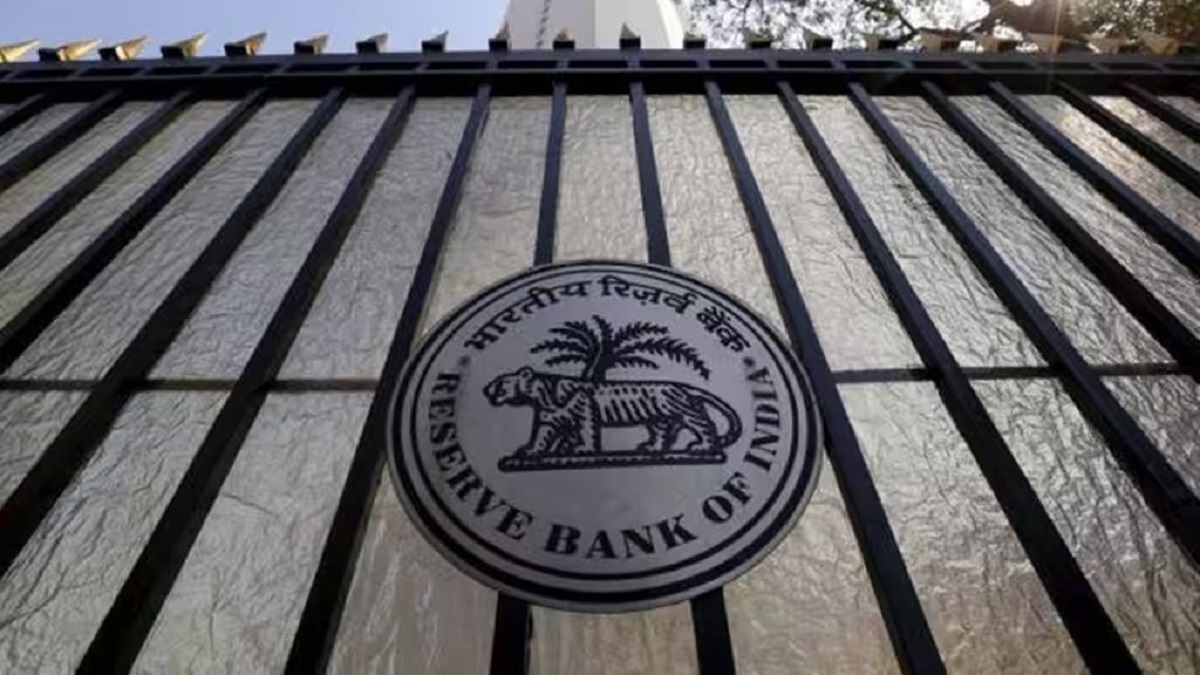All lenders will now be required to provide borrowers with a Key Fact Statement (KFS) outlining the terms of the loan agreement, including all-inclusive interest costs, for both retail and MSME loans, the RBI announced on Thursday.
KFS is currently mandated for loans made by commercial banks to individual borrowers, digital lending by RBI-regulated entities (REs), and microfinance loans.
Reserve Bank Governor Shaktikanta Das unveiled the bi-monthly monetary policy, saying the central bank has recently announced several measures to encourage greater transparency and disclosure by REs in loan pricing and other charges levied on customers.
One such measure is the requirement for lenders to provide their borrowers with a KFS that includes key information about a loan agreement in a simple and easy-to-understand format.
“Now, it has been decided to mandate all REs to provide the KFS to the borrowers for all retail and MSME loans,” the state’s governor said.
Das stated that providing critical information about the terms of the loan agreement, including the all-inclusive interest cost, will greatly assist borrowers in making an informed decision.
The RBI also announced a significant move to hedge gold price risk in the over-the-counter (OTC) market at the International Financial Services Centre (IFSC), Gift City, Gandhinagar.
In order to provide resident entities with the flexibility they need to efficiently hedge their exposures to gold price risk, they were granted access to recognised exchanges in the IFSC in December 2022.
“It has now been decided to allow them to hedge the price of gold in the OTC segment of the IFSC. “This will give resident entities more flexibility and easier access to derivative products for hedging their exposure to gold prices,” Das explained.
The central bank would issue related instructions separately.
Meanwhile, the RBI announced a review of the regulatory framework governing electronic trading platforms (ETPs).
Governor Das stated that the onshore forex market has become more integrated with offshore markets in recent years, with notable developments in the technological landscape and an increase in product variety.
Market makers have also requested access to offshore ETPs that offer permitted Indian Rupee (INR) products.
“Given these developments, it has been decided to review the regulatory framework for ETPs. “The revised regulatory framework will be released separately for public feedback,” Das stated.
In October 2018, the RBI established a regulatory framework for ETPs that execute transactions in financial instruments regulated by it.
The framework, which aimed to ensure fair access through transparent, safe, and efficient trading processes, robust trading infrastructures, and the prevention of market abuse, has since authorized 13 ETPs operated by five different operators.

